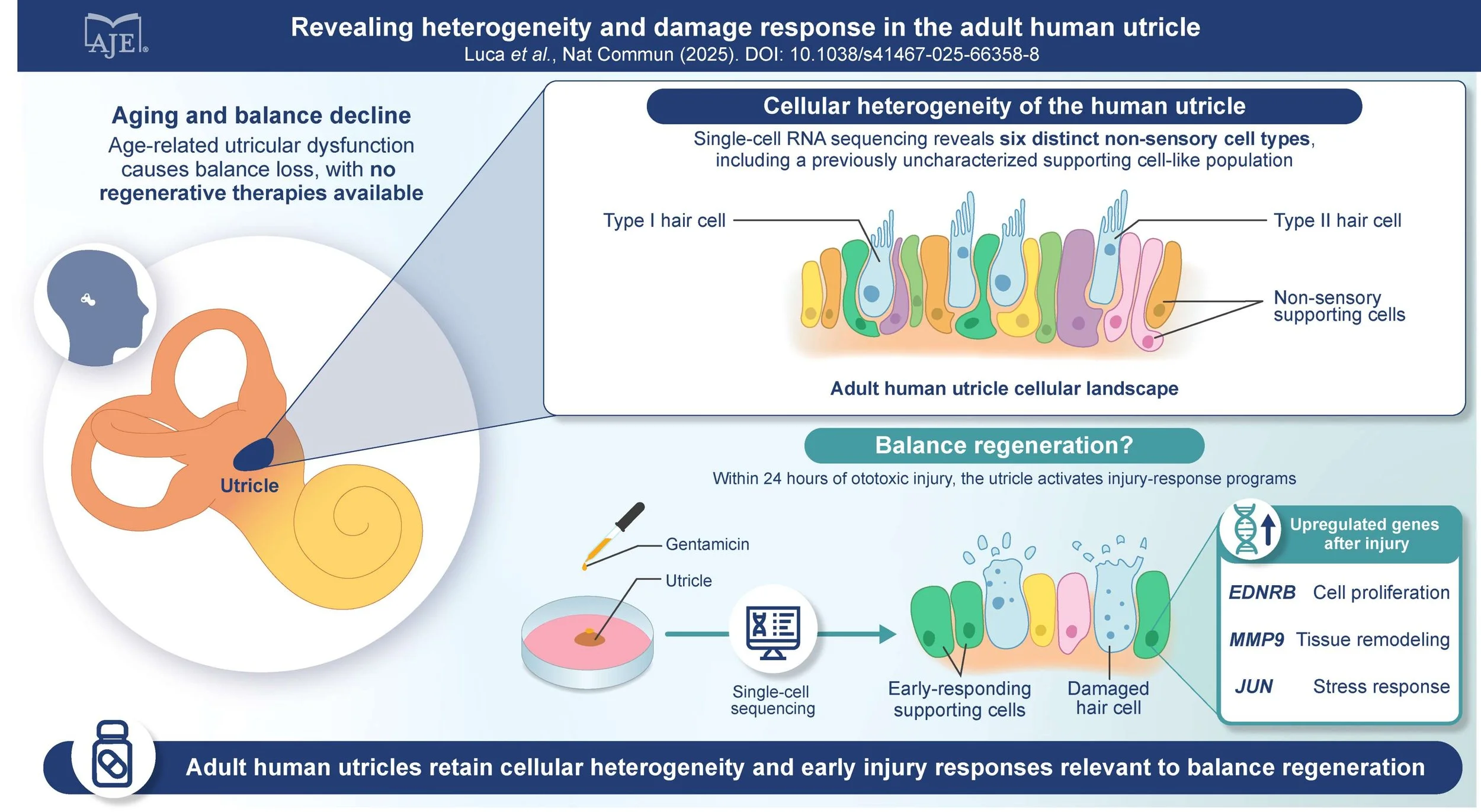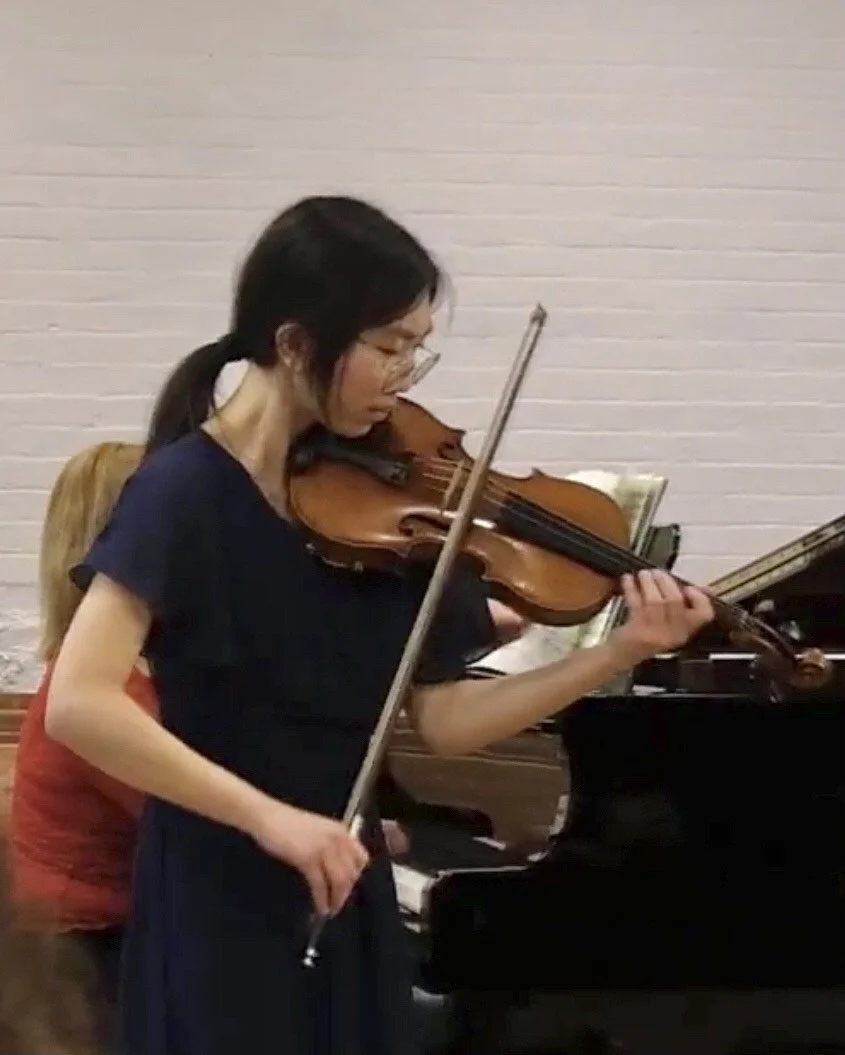Researchers led by King’s College London, Karolinska Institute, and Erasmus University have identified 10 new genes linked with hearing loss and located the part of the ear affected.
Schematic of the mouse cochlea (A) and the mouse brain (B) regions used for the enrichment analysis. Abbreviations: Amg, amygdala; Cbx, cerebellum; Ctx, cerebral cortex; Hi, hippocampus; Hy, hypothalamus; IHC, inner hair cells; Mb, midbrain; My, medulla; OB, olfactory bulb; OC, organ of Corti; OHC, outer hair cells; P, pons; Sc, spinal cord; SGN, spiral ganglion neuron(s); Str, striatum; Sv, stria vascularis; Th, thalamus. Credit: Trpchevska et al./American Journal of Human Genetics
The findings, published in The American Journal of Human Genetics in June 2022, cast doubt on the understanding that age-related hearing impairment originates mainly from sensory hair cells. Researchers argue that the stria vascularis, a part of the cochlea in the ear, is a new target for treatments to help people with hearing loss.
Many people gradually lose some of their hearing ability as they get older, and an estimated 2.4 billion individuals will have some form of hearing loss by 2050. Age-related hearing impairment is a top contributor to years lived with disability and is also an important risk factor for dementia.
The team studied genetic analyses previously carried out in centers around the world using samples from 723,266 people from 17 studies who had clinically diagnosed or self-reported hearing impairment. This meta-analysis is one of the largest conducted in hearing genetics to date. The researchers identified 48 genes linked to hearing loss, including 10 new variants newly linked to hearing.
Further analysis looking at mouse genetics indicated that age-related hearing loss is due to changes in the stria vascularis which is necessary for hearing. The results provide targets for the basis of future research which could improve therapies against hearing loss.
“Our findings identify 10 genes newly linked with hearing loss,” says co-main author Frances Williams, Ph.D., a professor at King’s College London. “This study points to genes we could target for screening purposes, drug development and even gene therapy in the future. This study provides a solid foundation for ultimately improving therapies against hearing loss.”
Co-main author Christopher R. Cederroth, Ph.D., an associate professor at the Karolinska Institute, adds: “It was hypothesized since the 1970s that the stria vascularis may play a role in hearing loss in humans, but the molecular evidence for this was missing until today.”
The paper’s coauthors also include 2009–2010 ERG scientist and HRP member Ronna Hertzano, M.D., Ph.D. (pictured), who is a professor in the department of otorhinolaryngology–head & neck surgery at the University of Maryland School of Medicine; Cynthia Morton, Ph.D., a member of HHF’s Council of Scientific Trustees; and 2002–2004 ERG scientist Anna Giersch, Ph.D. This press release originally appeared on EurekAlert.








I know the only way I could hear it is if we all stopped playing and moved up to the net every time someone has something to say.